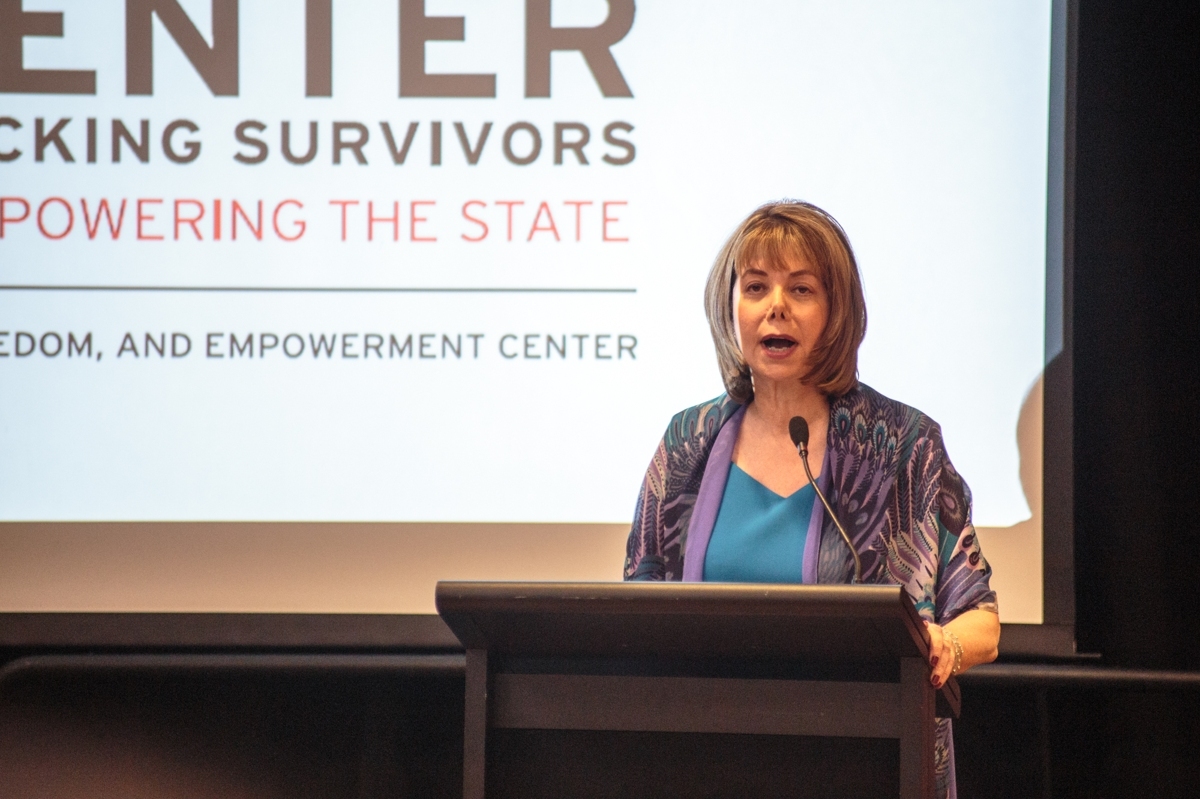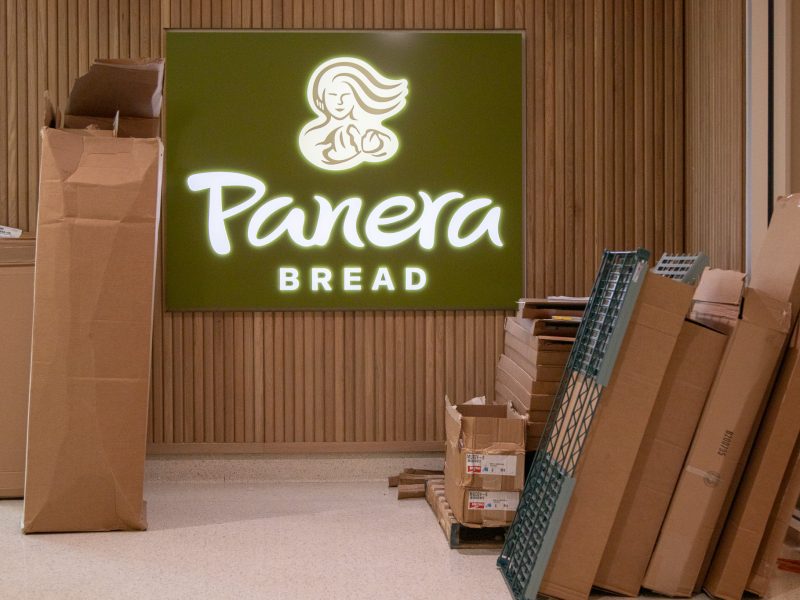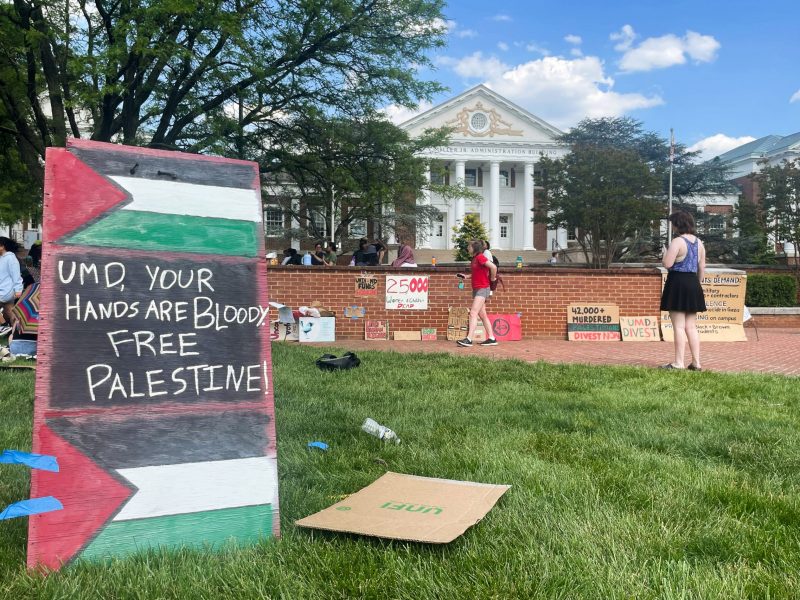After interning at College Park’s SAFE Center for Human Trafficking Survivors this summer, senior criminal justice major Joshua Shoob said he understands why the center was created.
“We had one victim come in who was trafficked for 10 years,” Shoob said. “I just remember her being so happy and full of life … I was shocked [to see] that after going through that — that somebody could be so positive.”
The SAFE Center, located on Greenbelt Road, opened in May to support victims of human trafficking as well as labor trafficking, said Susan Esserman, the center’s founder and director. Since then, the center has had a lot of success, with 18 referrals and 10 open cases, Esserman added.
Esserman said in the human trafficking field, those are high numbers in a short period of time “given the complexity of the situation.”
“We have been overwhelmed by demand for assisting human trafficking survivors,” Esserman said. “The extent of it has surprised us because we are a new organization, and our experience is that human trafficking survivors are reluctant to come forward out of fear.”
In 2016, 66 human trafficking cases have been reported in Maryland — the 15th highest number among the states — and more than 3,600 cases reported nationwide, according to the National Human Trafficking Resource Center.
The University of Maryland and the University of Maryland, Baltimore, launched the SAFE Center through MPowering the State, a joint initiative that supports innovation, according to a Diamondback article from May. Creating a program that would provide a range of aid from legal, medical, health care and more was the center’s purpose, according to the article.
This summer, the center employed a total of 21 interns, 13 of which were students at this university, Esserman said. The center currently has eight student volunteers from this university, as well as other volunteers from the surrounding community, she added.
Esserman said she found this volunteer effort heartwarming.
Shoob said this was the perfect internship for him because of his passion for helping human trafficking survivors, which he discovered after becoming involved in Students Ending Slavery, an on-campus organization which focuses on ending the practice.
Senior broadcast journalism major Henrietta Biayemi said while she and Shoob didn’t work directly with the survivors, it was just as rewarding to be able to see them every day. Their roles were to do research on human trafficking for the center, Biayemi added.
“Just greeting them in the morning and talking to them and realizing that these are people who have had so much go on in their lives, are just looking for comfort, support and help,” Biayemi said. “Just offering them a cup of water, or just saying, ‘Hi’ and smiling and see them smiling back, and getting the feeling that they feel comfortable around me really impacted me the most.”
The goal for the center is to collaborate more with student and community groups to raise awareness so that survivors will know that there is a center available for them, Esserman said.



